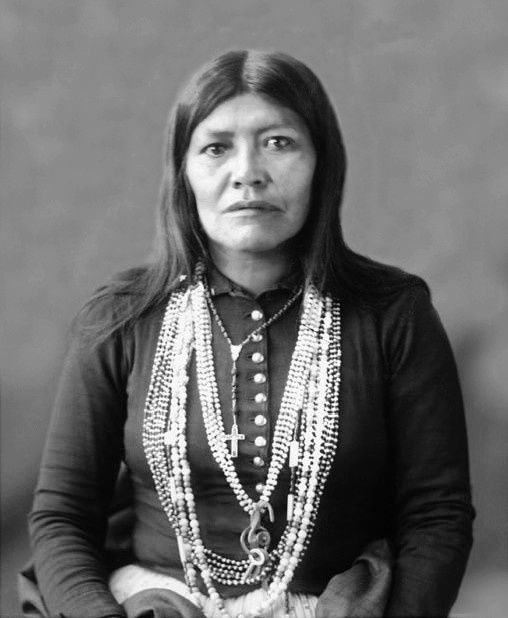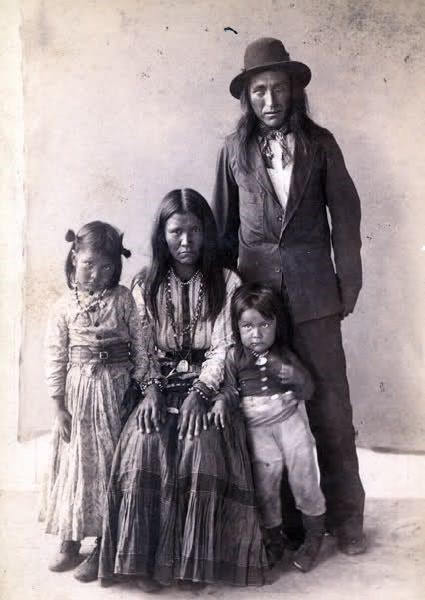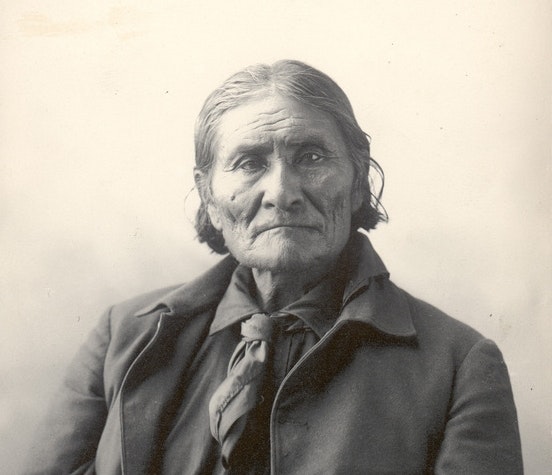When we are not a member of a particular community, navigating the waters of how to gain permission to utilize information can be tricky. Here are a few suggestions for resolving this quandry.
Hey, Christie!
Michael and I are so excited to be getting married next summer at your beau venue! Thank you for making us feel so welcome!
I have a question. I found this gorgeous Apache Wedding Blessing:
Now you will feel no rain,
for each of you will be shelter for the other.
Now you will feel no cold,
for each of you will be warmth to the other.
Now there will be no loneliness,
for each of you will be companion to the other.
Now you are two persons,
but there is only one life before you.
May beauty surround you both in the journey ahead
and through all the years.
May happiness be your companion
and your days together be good and long upon the earth.
Treat yourselves and each other with respect,
and remind yourselves often of what brought you together.
Give the highest priority to the tenderness, gentleness and kindness that your connection deserves.
When frustration, difficulties and fear assail your relationship, as they threaten all relationships at one time or another, remember to focus on what is right between you, not only the part which seems wrong.
In this way, you can ride out the storms when clouds hide the face of the sun in your lives, remembering that even if you lose sight of it for a moment, the sun is still there.
And if each of you takes responsibility for the quality of your life together, it will be marked by abundance and delight.
We aren’t Native American. Is there any way we can use this and not be accused of culture misappropriation? We don’t want to offend anyone.
Thanks!
–Tilda in Tillamook, Oregon

Hey, Tilda!
That’s a great question! The Apache Marriage Blessing is one of my favorites!
While Native American marriage blessings vary by the tribe, these blessings often focus on a reverence for the land, gifts from nature, and honor the sun and the moon.
Let me share how other couples who got married at our venue answered your question.
- One couple ended their ceremony with a Shoshone wedding blessing because the blessing was full of environmental significance for the couple.
- One couple selected a Navajo marriage blessing to honor the indigenous peoples.
- One couple used a Hopi marriage blessing as an alternative to other ceremony readings or faith-based readings.
- One couple picked a Cherokee marriage blessing to recognize the Native American tribes who dwelled in the area where Ainsworth House and Gardens is. According to the Oregon City website:
Prior to Euro-American settlement, the area where Oregon City is located was a focal point for fishing and trade among the Native Americans and home to the Clowwewalla (also known as the Charcowah) and the Cashhooks Indians (of the Upper Chinookan Linguistic group) and the Molalla Indians (of the Waiilatpuan Linguistic family). The nearby Clackamas Indians, also of the Upper Chinookan Linguistic group, located their villages along the Clackamas River.
- One couple wrote to the leaders of the Yavapai-Apache in Camp Verde, AZ to ask permission to have the Apache blessing read at their wedding.
(The Yavapai and Apache are two very different nations who were forced to live on the same land. It would be similar to the French and Germans–who didn’t like each other much before World War II–being forced to live on the same lands and somehow be civil to each other.)
Let me know if you have any additional questions. I’m here to help you have a wonderful wedding!
I close with the traditional Navajo blessing when two people part:
Walk in Beauty,
Christie Shyne

Image of Geronimo, the famous Apache chief, courtesy of The Public Domain Review. Images of Dahteste and of Gouyen, famous Apache women warriors, are courtesy of The New Mexico Nomad (https://newmexiconomad.com/apache-warrior-women-gouyen-lozen-dahteste/).
© 2023-2024. Come Rain or Shyne, LLC. All rights reserved.


